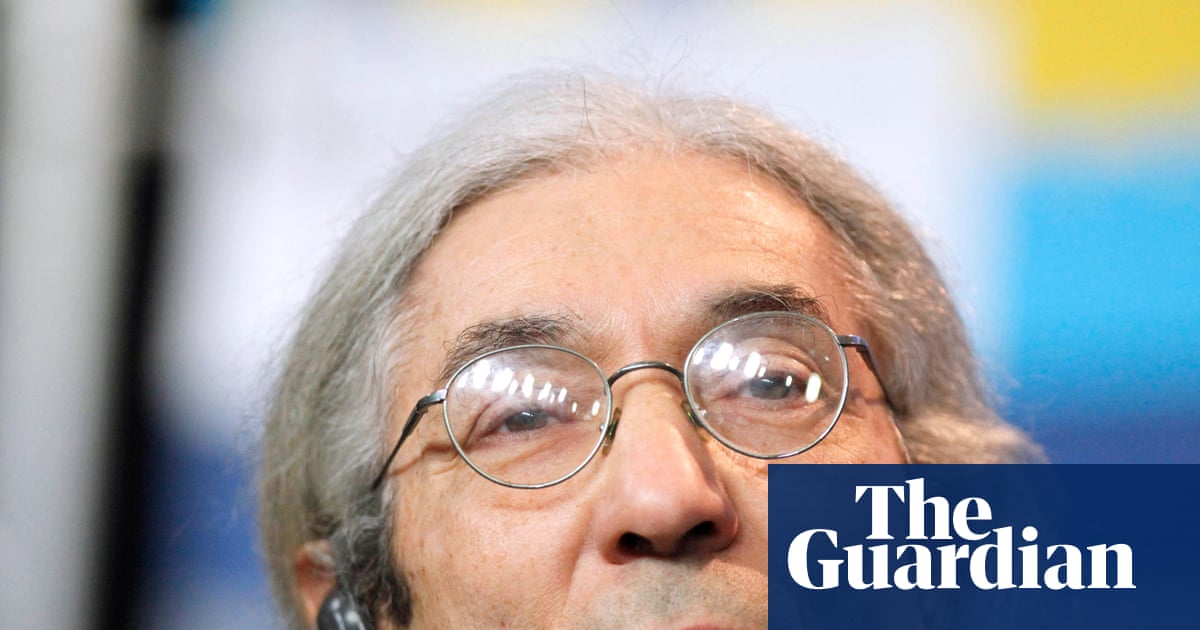French-Algerian Writer Boualem Sansal Pardoned, Released to Germany for Medical Care
French-Algerian author Boualem Sansal, an outspoken critic of the Algerian government, has been granted a presidential pardon and is set to be released from prison. This pivotal decision will allow the 81-year-old writer, who suffers from prostate cancer, to travel to Germany for urgent medical treatment. The announcement came from the Algerian presidential office on Wednesday.
Diplomatic Breakthrough and German Intervention
Sansal's release marks a significant diplomatic breakthrough, particularly after the German President, Frank-Walter Steinmeier, directly appealed to Algeria for his freedom. The Algerian statement confirmed a "positive response to the request of the esteemed president of the friendly Federal Republic of Germany." This contrasts with earlier rejections by Algerian President Abdelmadjid Tebboune of similar requests from France, citing Sansal's advanced age and deteriorating health.
Arrest, Charges, and Political Context
Arrested at Algiers airport last November, Sansal was subsequently sentenced in March to five years in prison for "undermining national unity." His arrest occurred shortly after he made comments in an interview suggesting that France had unfairly ceded Moroccan territory to Algeria during the colonial era.
The case has been entangled in a broader strain in relations between Paris and Algiers, which worsened after French President Emmanuel Macron backed Moroccan sovereignty over the Western Sahara in 2024. Speculation arose that Sansal was being held as a political pawn amidst these heightened diplomatic tensions. Macron himself had openly criticized Algeria, stating that imprisoning Sansal was "dishonouring."
Strategic Resolution and International Appeals
By facilitating Sansal's transfer to Germany, rather than France, the Algerian government appears to have skillfully navigated a complex diplomatic standoff with its former colonial power, avoiding a direct concession to Paris while still addressing international pressure and humanitarian concerns. Notably, President Tebboune himself received medical treatment in Germany for Covid-19 in 2020.
President Steinmeier had previously emphasized that a pardon would signify "an expression of humanitarian sentiment and political foresight," reflecting his "years-long personal relationship to president Tebboune and the good relations between our countries." Numerous international literary figures, including Salman Rushdie, Annie Ernaux, and Wole Soyinka, had also advocated for the Algeria-born author's release over recent months.
The pardon underscores the complex interplay of human rights, international diplomacy, and internal politics in Algeria, ultimately leading to a resolution that prioritizes humanitarian needs while subtly recalibrating international relationships.

